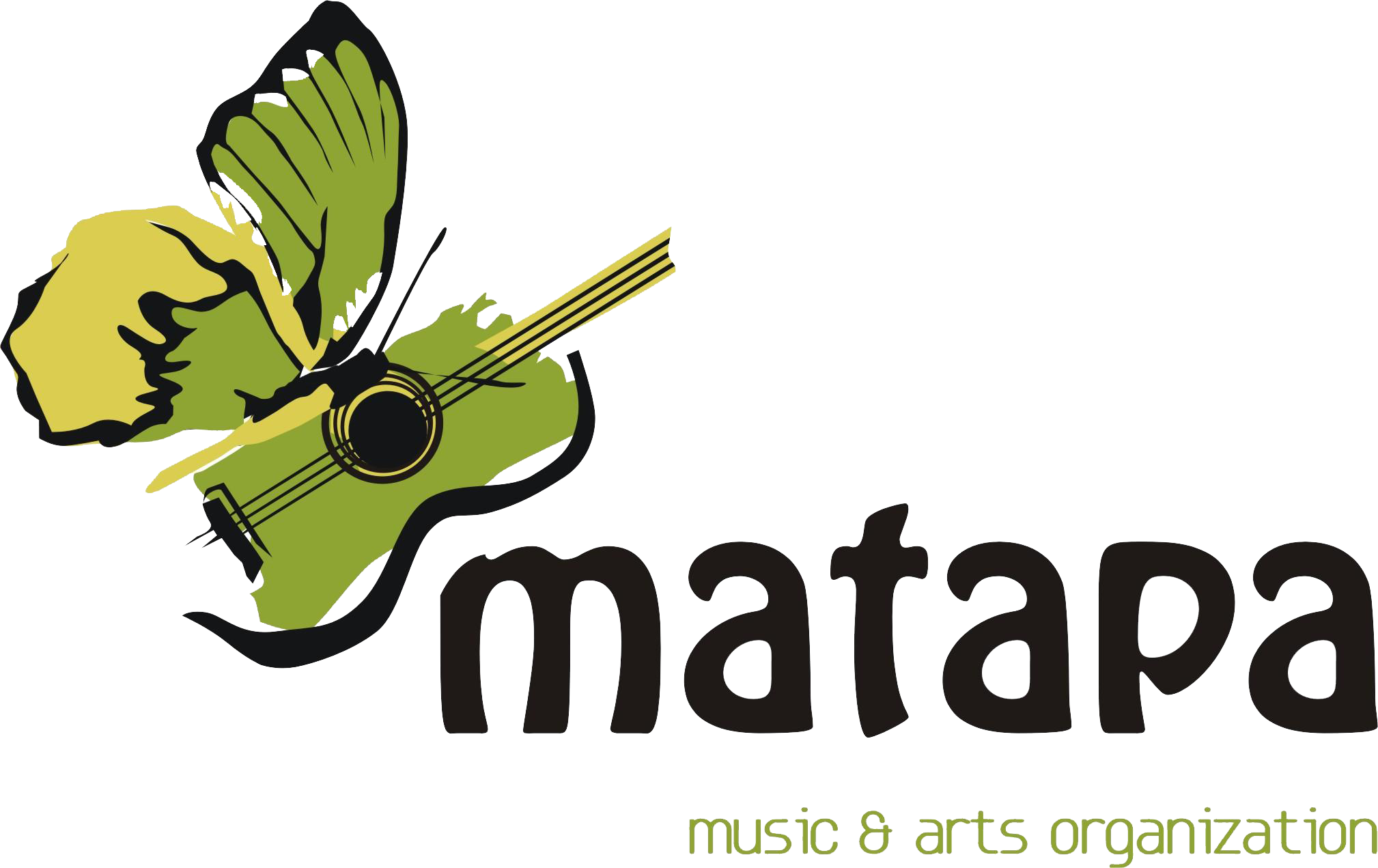Team & Committee
We invite more members to join us
We invite more members to join us

ROOTS EXCHANGE NETWORK
While we invite more members to join us, we also encourage everyone to read and learn more about our committee to gain a better understanding of what we stand for and how we aim to work within the industry. We will continue to value inclusion and diversity while emphasizing mutual respect for the cultures and values that our members bring to the network. For artists, event promoters, managers, programming and venue directors, and curators, we remind you that by joining the Network, you agree to present selected artists at our conference as part of your programming in your upcoming season.
Team & Committee
Coordinator: Melita Matsinhe
Commitee: Committee name
Position: Position name
Organization: Xiluva Artes
City/ Country:
Maputo/Mozambique
Contact:
info@xiluva-artes.com
Web: www.xiluva-artes.com
About the Committe
Objective: To influence collaboration and the tour circuit for women in the arts and literature in the Americas and Southern Africa.
Motivation:
The fight for equality continues to be on the global agenda, although the reality in America differs from that in Africa. What pathways can enable women from Southern Africa and the PALOP to have a voice in forming partnerships with women in the creative industries in the Americas, without needing to go through a traditionally male-dominated business world?
In discussion:
Is the approach in the Americas aligned with the visions and traditions of African women? How can we create a mechanism to support each other in an environment of respect and shared beliefs? What are the real challenges, and what actions can be taken? Can festivals and spaces on both continents play an important role in accelerating the integration of women into decision-making roles and facilitating tours and professional development?
Fill the form below to receive the pdf file in your email inbox